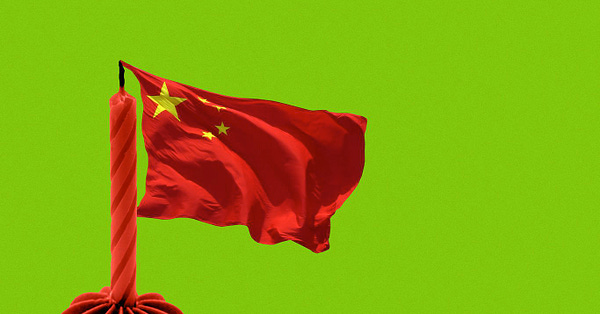One of the weirder recent weeks in news from China includes an actor capitulating to pressure from the world’s biggest box office, the lab leak theory gaining traction while vaccinations flop in Hong Kong, and takeaways from Beijing declaring war on Bitcoin. If you like this weekly newsletter, share it and encourage friends to sign up:
When a script is rewritten


“I made one mistake, I must say right now, very important, I love and respect Chinese people,” said John Cena in their native language as part of his apology for calling Taiwan a country while promoting Fast and Furious 9. The movie earned $135 million at the Chinese box office, a promising signal for a lucrative future of exports from Hollywood.
New twists for the coronavirus
The theory that the COVID-19 pandemic originated with a lab leak in Wuhan is back on the mainstream radar, a year after it was dismissed as a conspiracy theory. Meanwhile, the vaccine rollout has met with interesting resistance in Hong Kong, whose residents are reluctant to get jabbed due to growing distrust of the government:


Beijing against the titans


“I’m not very social,” was how ByteDance boss Zhang Yiming explained to employees why he was stepping down to spend more time with his books. But it comes at a time when China is cracking down on its tech tycoons. Jack Ma stepping down from a business school he founded is the latest in a series of retrenchment moves.
A government crackdown on Bitcoin mining and trading behaviour was announced, which led the cryptocurrency value to plunge almost 50 per cent from its 2020 high. The sudden restrictions where about three-quarters of this mining is done comes as no surprise to those who’ve paid attention to how Beijing treats digital entrepreneurship.
A century of spinning facts


Having been founded on July 23, 1921, the 100th anniversary of the Chinese Communist Party is fast approaching, and the reflections on its century have already begun. And its loathsome style has possibly been exercised to the full extent when the subject is Uighur Muslims:


The last words, for now
Yin Shihang is only 22, but he’s now been banned for 630 years from the Kuaishou app—along with its main competitor Douyin, the Chinese name for TikTok—due to a stunt he pulled on young fans. What he teased as a video streaming proposal to his girlfriend turned out to be a five-hour streak of sales pitches that ultimately raked in $7.2 million:


The China Letter is produced by the Canadian Freedom Institute, a think tank based in Canada. We produce the China Letter every week to keep you informed and to press the ideas of free markets and free people not only in China but around the world. Please consider donating to keep this newsletter running!







